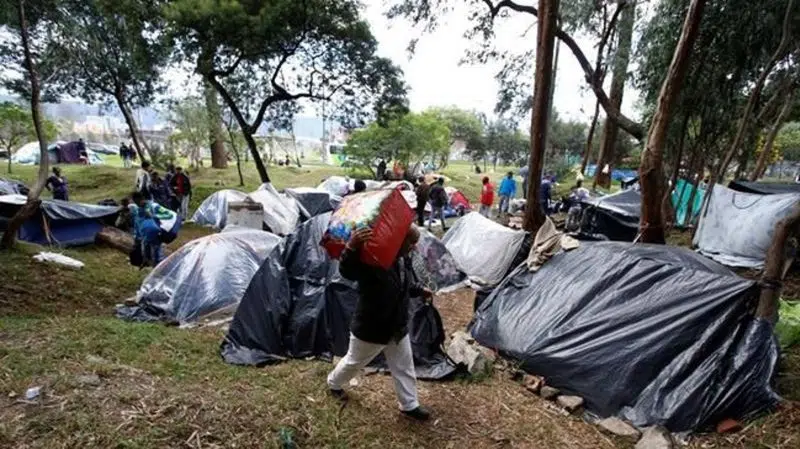
New presidential elections key to solving Venezuelan crisis: Colombian envoy
OTTAWA — Fleeing Venezuelans — all 1.4 million of them — will always be welcome in his country, says Colombia’s ambassador to Canada, but his real hope is that they are able to one day return to their own free and democratic homeland.
That overarching goal must drive Thursday’s meeting of the Lima Group on Thursday that Canada is hosting, said Colombian envoy Frederico Hoyos.
Hoyos is calling on the Lima Group to make a renewed push for a new presidential election in Venezuela, one that he says would likely end in the defeat of the country’s dictator president, Nicolas Maduro.
“We’re certain that people would like to go back to their homes once there is stability. Venezuela is one of the richest countries in Latin America and the world,” Hoyos said in an interview.


